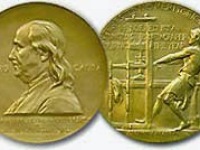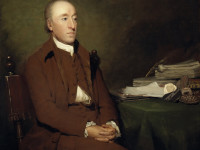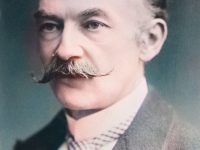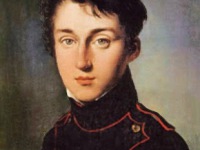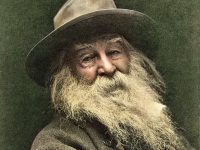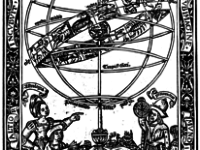The Very First Pulitzer Prize
On June 4, 1917, the very first Pulitzer Prizes were awarded. The Pulitzer Prize is an award for achievements in newspaper and online journalism, literature, and musical composition in the United States. It was established in 1917 by provisions in the will of American (Hungarian-born) publisher Joseph Pulitzer, and is administered by Columbia University in New York City. Joseph Pulitzer When Pulitzer offered the Columbia University money in order to set up the…
Read more

